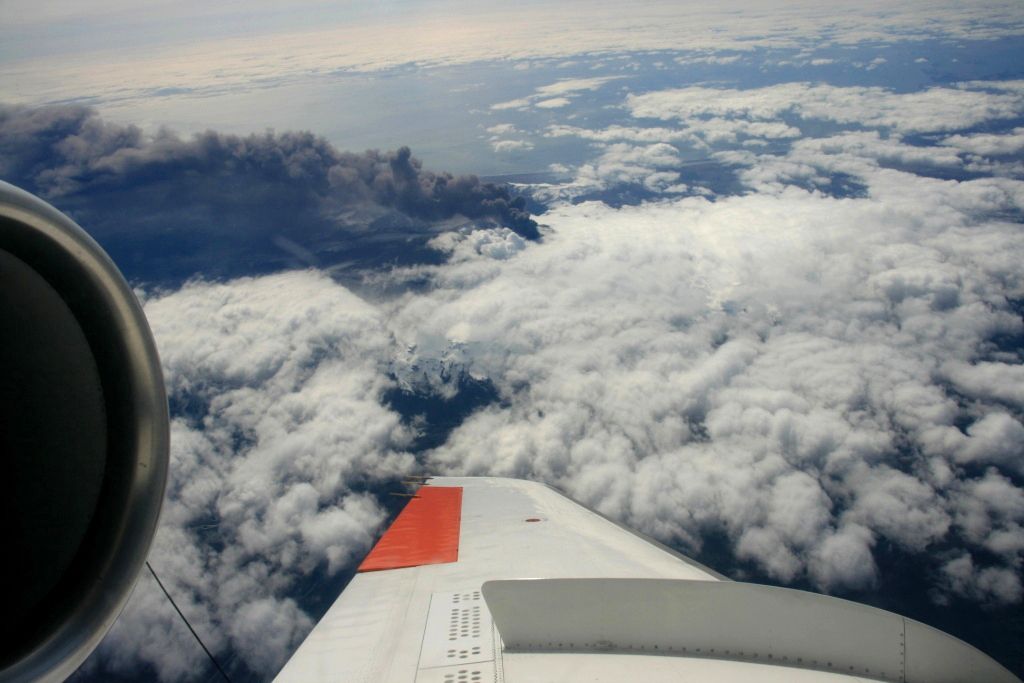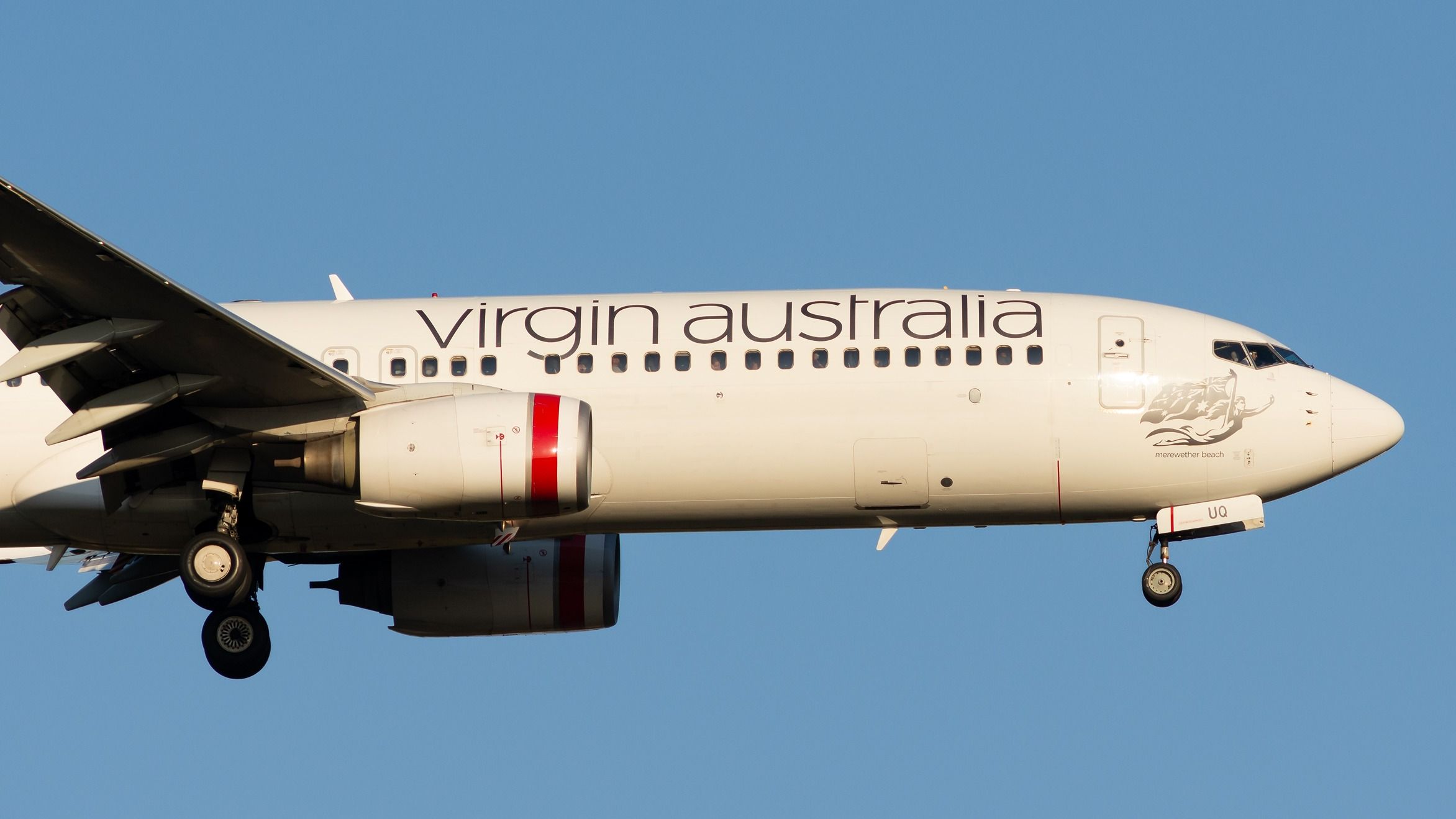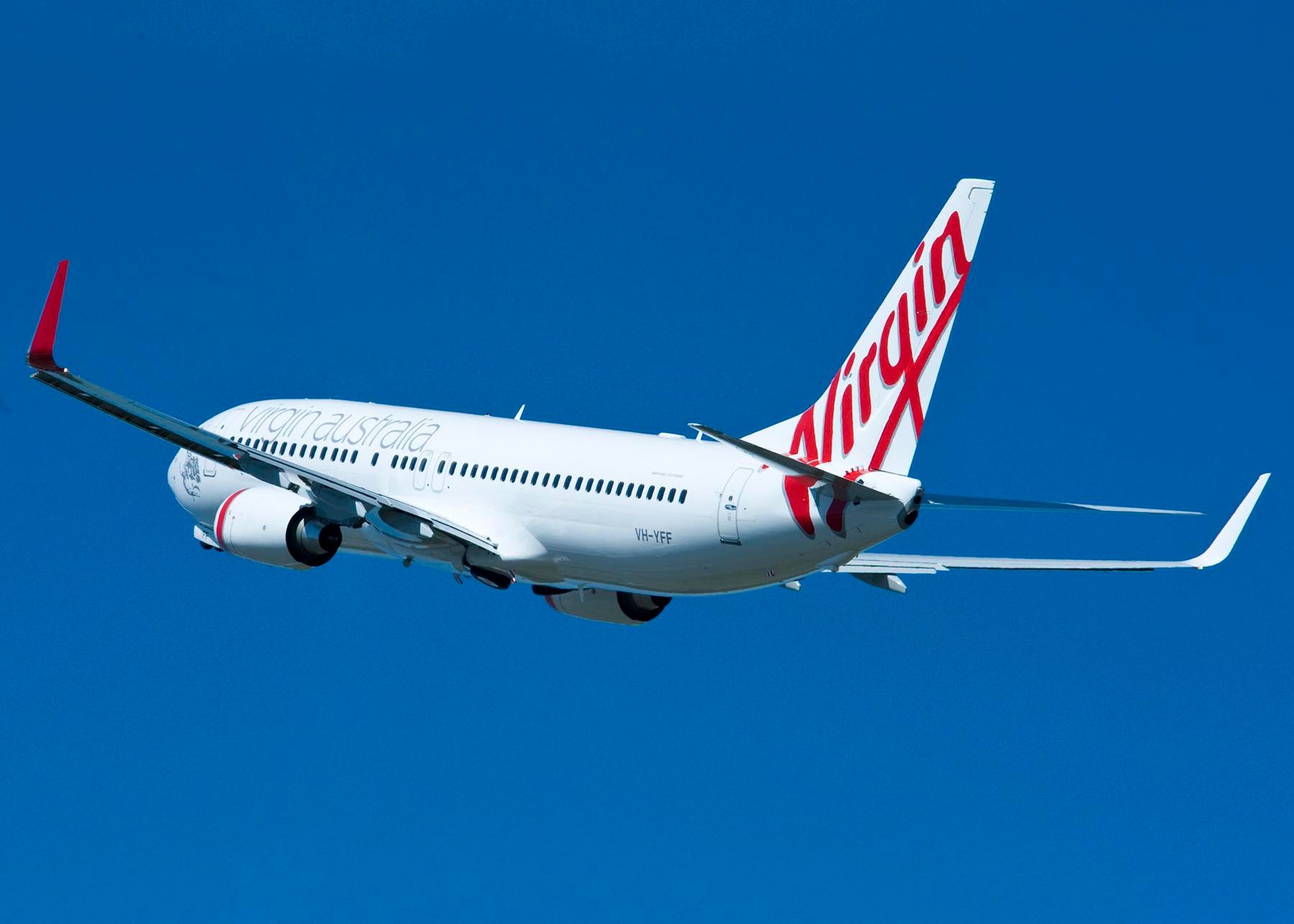Ongoing volcanic eruptions and ash cloud pollution have forced several airlines to cancel flights to and from Bali for safety reasons. Mount Lewotobi Laki-Laki – located on the Lesser Sunda Islands in Indonesia – began erupting on November 3rd, leading to the deaths of at least nine people.
Airlines cancel Bali flights due to ash cloud
A flurry of flights to and from Bali have been canceled due to the presence of volcanic ash in the region. Data from tracking site FlightAware shows that Ngurah Rai International Airport (DPS) – the main airport serving Bali – has recorded at least 90 flight cancelations today, along with more than 100 delayed flights. Yesterday, over 60 flights were canceled and scores more were delayed, with airlines monitoring the situation before deciding on any further cancelations.
Photo: Ryan Fletcher | Shutterstock
Several carriers have been impacted, including Virgin Australia, Qantas, AirAsia, Jetstar, Korean Air, Malaysia Airlines, Singapore Airlines, and Indian carriers Air India and IndiGo. For example, Virgin Australia had to cancel several flights to/from Brisbane, Gold Coast, Melbourne and Sydney within the past two days. In a statement, the airline said,
“Due to the presence of volcanic ash, it is currently unsafe to operate flights to and from Denpasar. As a result, all Virgin Australia flights in and out of Denpasar have been canceled for today, 13 November 2024.”
The Australian carrier has contacted passengers booked on its flights to/from Bali from November 13th to 16th and provided them with alternative arrangements. Given Bali’s popularity with Australian travelers, several flights with Qantas and subsidiary Jetstar have also been canceled through at least noon November 14th.
Photo: Virgin Australia
As for other international airlines, Korean Air scrapped a couple of long-haul flights to Seoul Incheon, while Malaysia Airlines and Singapore Airlines canceled flights to Kuala Lumpur and Singapore, respectively. Plenty of flights have still successfully taken off despite the ash cloud threat – passengers are advised to stay updated with their airline before traveling to the airport.
A cloudy situation
At this stage, it’s unclear when the ash cloud will clear up and when airlines can resume regular operations at DPS. Disruption from volcanic ash clouds can be significant due to the safety threat they pose to aircraft – engines can become damaged from ingesting ash particles, which also impact pilot visibility.
Officials have said that the ash column from Mount Lewotobi has reached as high as 10km (32,808ft), within the typical altitude range of a commercial jet. The volcano has repeatedly erupted within the past ten days, leading authorities to maintain a 7-km exclusion zone around the crater and close Flores Island’s four regional airports.

Related
How Airline Pilots Handle Volcanic Ash
One of the most dangerous hazards an aircraft can encounter.
The most high-profile ash-induced disruption in recent memory occurred in 2010 following the eruption of Icelandic volcano Eyjafjallajökull, grounding millions of passengers around the world during a six-day airspace ban. There have been some recent incidents too you may not have heard about – this includes the shutdown of operations at Mexico City International Airport (MEX) in February and volcanic ash in Borneo airspace this summer.



